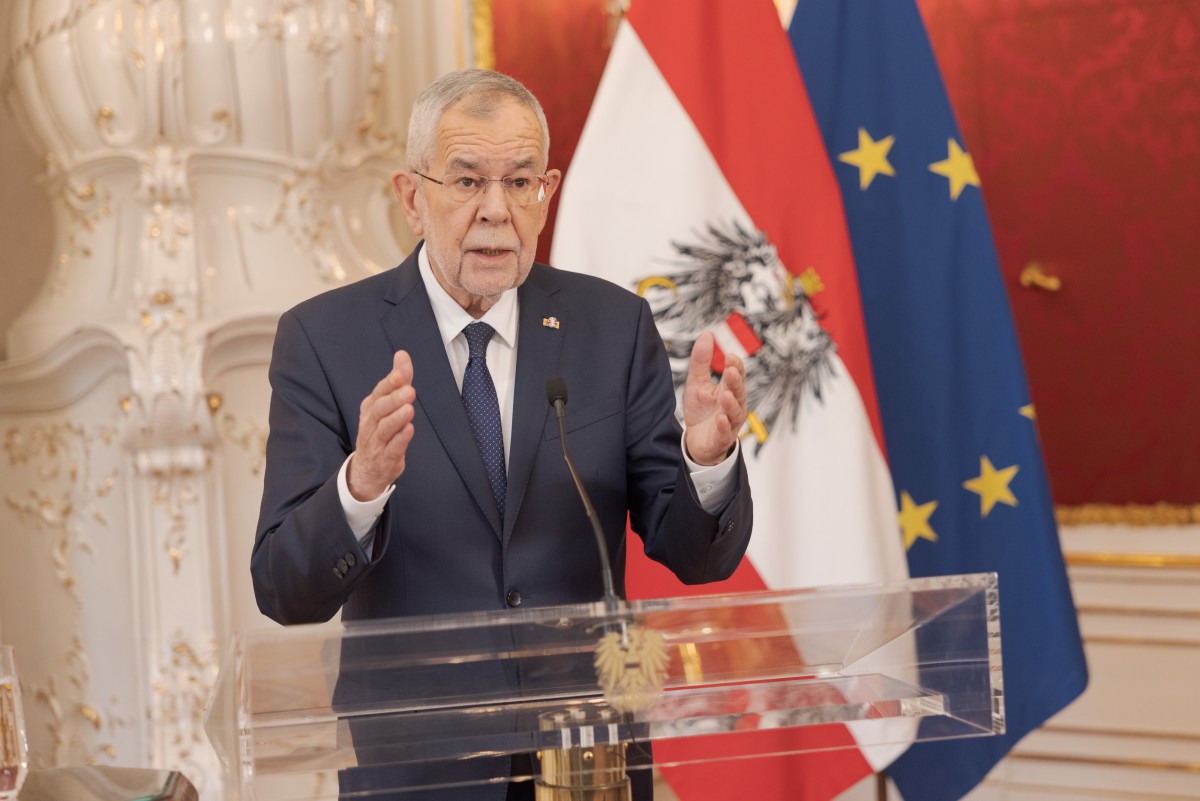Sponsored Content
Austrian Presidential Election: Van der Bellen Gets Re-Elected
Austria has voted! Last weekend, Austrians turned out at their respective polling stations to elect a new Federal President or to give the incumbent another term in office. Read about the outcome of the election here in this article!
 The incumbent President Van der Bellen may hold office for another 6 years. / Picture: © www.bundespraesident.at / Peter Lechner / HBF
The incumbent President Van der Bellen may hold office for another 6 years. / Picture: © www.bundespraesident.at / Peter Lechner / HBF
Austria's incumbent Federal President Alexander Van der Bellen can breathe a sigh of relief. After an eagerly awaited first projection of the election results, it was clear that the President would be allowed to spend another 6 years in the Hofburg without another run-off election.
The 78-year-old Tyrolean received 54.6% of the votes and thus holds the absolute majority. If none…
or Log In
Fast News Search





